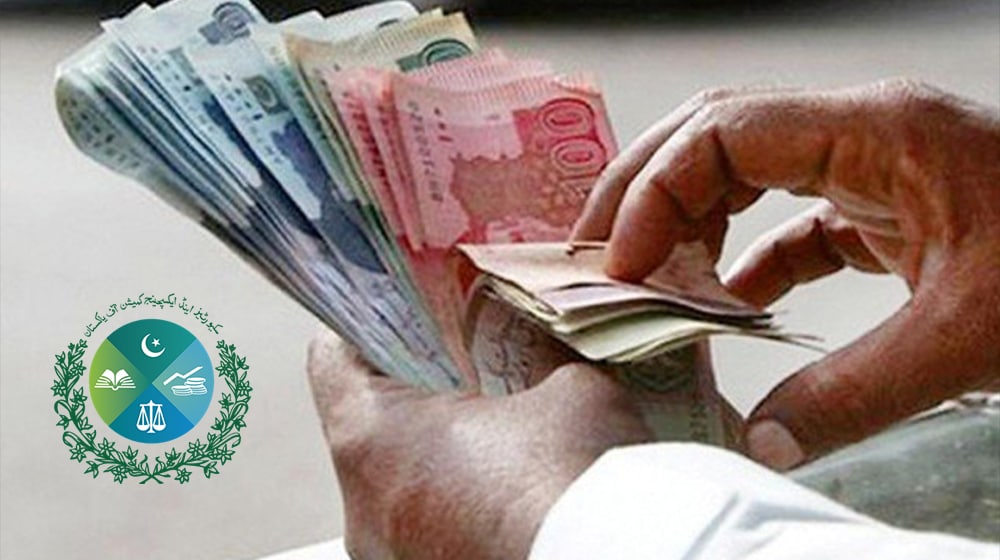Trump's DFC Overhaul: Expanding Reach, Boosting Investment, and Prioritizing National Security

The Trump administration is pushing for a significant overhaul of the U.S. International Development Finance Corporation (DFC), aiming to dramatically expand its reach, quadrupling its investment capacity, and sharpening its focus on national security interests. This ambitious plan signals a shift in U.S. development policy, moving beyond traditional aid models and embracing a more assertive approach to global economic engagement.
Expanding Investment Scope: Beyond Low-Income Nations
Currently, the DFC, formerly known as the Overseas Private Investment Corporation (OPIC), primarily focuses on financing projects in low- and middle-income countries. The proposed reforms would grant the agency greater flexibility to invest in high-income nations, a move that has sparked debate among development experts. Proponents argue that this expansion is crucial to counter China’s growing economic influence, particularly in Europe and other developed regions. By offering competitive financing options, the DFC can incentivize private sector investment and foster economic partnerships aligned with U.S. interests.
Quadrupling Investment Power: A $60 Billion Boost
Perhaps the most striking element of the proposed changes is the quadrupling of the DFC’s investment ceiling, from $20 billion to $60 billion. This substantial increase would significantly amplify the agency’s ability to finance infrastructure projects, promote entrepreneurship, and support economic development initiatives worldwide. This expanded financial capacity would allow the DFC to undertake larger and more complex projects, attracting greater private sector participation and generating higher returns on investment.
National Security Focus: Strategic Investments for a Secure Future
The administration's proposal also places a heightened emphasis on national security considerations in the DFC’s investment decisions. Projects that support critical supply chains, bolster infrastructure resilience, or advance U.S. strategic interests will be prioritized. This shift reflects a growing recognition that economic engagement is inextricably linked to national security and that strategically targeted investments can help mitigate geopolitical risks and strengthen U.S. competitiveness.
Potential Impacts and Criticisms
While the proposed reforms have garnered support from those advocating for a more assertive U.S. economic policy, they have also faced criticism. Some experts worry that expanding the DFC’s scope to include high-income countries could dilute its focus on poverty reduction and sustainable development in the world’s poorest nations. Concerns have also been raised about the potential for political interference in investment decisions, particularly given the emphasis on national security considerations. The effectiveness of the DFC’s expanded mandate will ultimately depend on its ability to attract private sector partners, manage risk effectively, and demonstrate a clear return on investment.
Looking Ahead: A New Era for U.S. Development Policy
The proposed overhaul of the DFC represents a significant evolution in U.S. development policy. By expanding its reach, boosting its investment power, and prioritizing national security, the Trump administration aims to transform the agency into a more potent tool for promoting U.S. economic interests and advancing its strategic objectives on the global stage. The success of this ambitious plan will be closely watched by policymakers, investors, and development experts alike, as it could reshape the landscape of international development finance for years to come.





